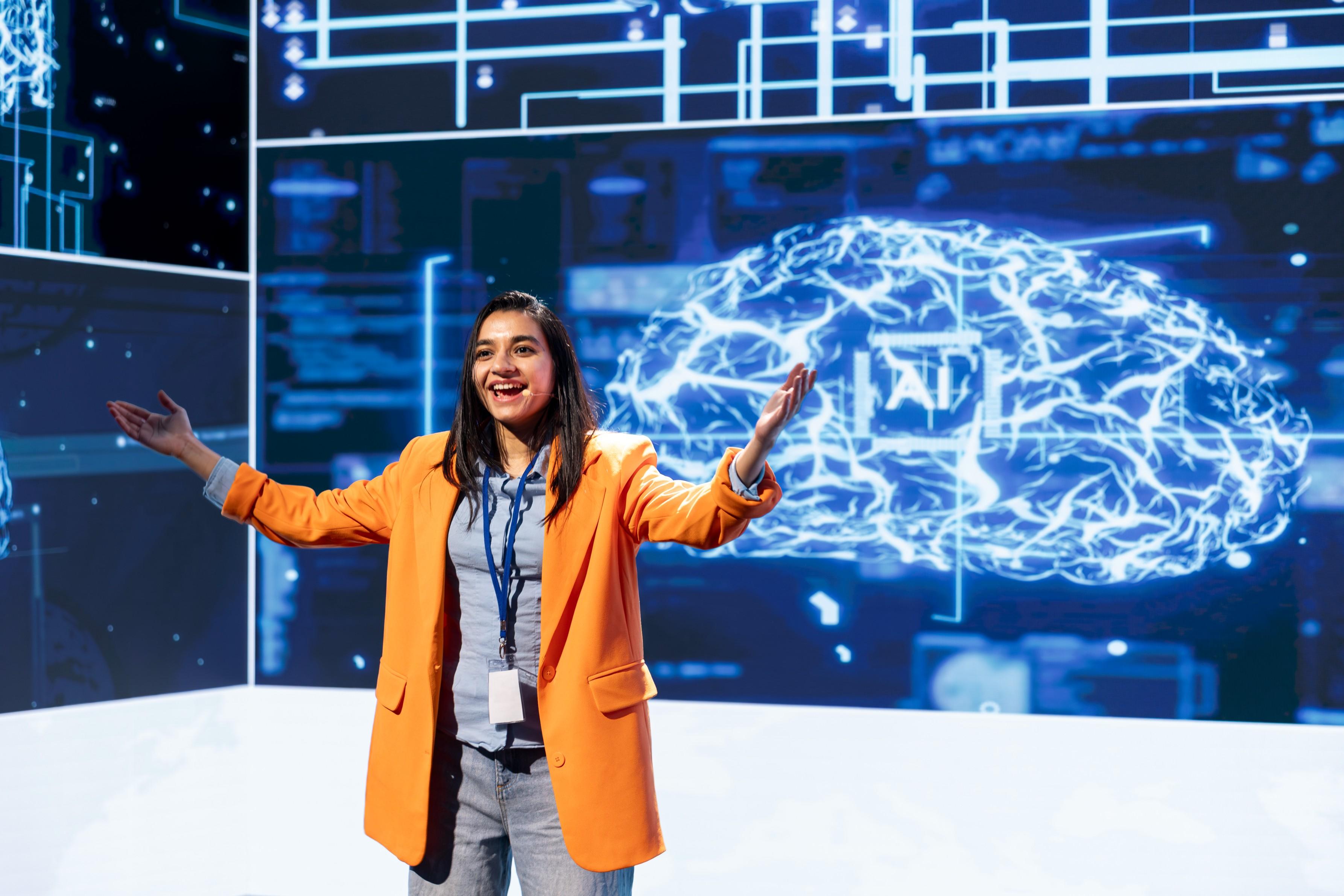Neurotechnology in HR: Understanding Employee Cognitive Wellness and Performance

In the evolving world of HR technology, a new frontier is opening up—neurotechnology. Amplified by AI, wearable sensors, and cognitive assessments, neurotech holds promise to help organizations deepen understanding of employee mental states, optimize performance, and promote well-being in ways beyond traditional engagement surveys or wellness programs.
Neurotechnology includes tools and strategies that measure or modulate brain activity, attention, stress, fatigue, and cognitive load—things like EEG-based sensors, neurofeedback, wearable cognitive trackers, and real-time monitoring systems. When integrated responsibly into HR, these technologies can contribute significantly to employee experience, health, and productivity.
Why Cognitive Wellness and Performance Are Growing Priorities
Remote work, hybrid schedules, constant digital connectivity, and rising workloads are contributing to cognitive overload, burnout, and declining focus. HR leaders have come to see that performance isn't just about hard skills—it’s deeply tied to mental wellness. Tools that help track attention, manage stress, and detect fatigue can help preserve both productivity and the emotional and cognitive health of teams.
Research in neuroscience and psychology confirms that mental strain, poor focus, and unaddressed cognitive fatigue degrade performance, reduce innovation, and increase turnover. Cognitive assessments—particularly those that are role-specific—offer insights into how individuals think, learn, and handle stress. Such insights allow HR professionals to design more supportive learning programs, personalized feedback, and wellness interventions.
Applications of Neurotechnology in HR
Here are ways neurotech is being used (or piloted) to enhance HR processes and employee outcomes:
-
Real-Time Monitoring & Stress Detection
Wearables or sensors can monitor physiological signals (e.g., heart rate variability, brainwave patterns) and detect early signs of cognitive overload or fatigue. Organizations can then prompt employees to take breaks, adjust load, or switch tasks, reducing risk of burn out and improving sustained performance. -
Cognitive Assessments for Role Fit & Learning Design
Before or during employment, assessments of memory, attention, reasoning, and executive function help in matching people to roles or in identifying learning needs. AI-powered assessments can dynamically adapt tasks and help shape personalized learning or coaching. -
Neurofeedback & Brain Training
Neurofeedback allows employees to receive immediate feedback about their mental state and learn to self-regulate—for example improving focus or emotional control. Over time, such training may build resilience and better cognitive stamina, which can lead to improved performance on critical tasks. -
Enhancing Employee Experience with Cognitive Insights
Insights drawn from cognitive data can feed into dashboards for HR, managers, and individuals—highlighting times of cognitive fatigue, suggesting optimal work/rest cycles, recommending mindfulness or cognitive breaks, guiding scheduling for peak performance, etc. This aligns with the trend toward personalized, real-time employee support.
Benefits & Business Impacts
When implemented thoughtfully, neurotechnology in HR can deliver:
-
Improved Productivity & Performance: Employees working when mentally sharp are more accurate, creative, and efficient.
-
Better Well-Being & Reduced Burnout: Early detection of cognitive stress helps prevent long-term negative health outcomes and leaves.
-
Personalized Learning & Development: Aligning training and feedback to each person’s cognitive profile leads to faster growth and better skill acquisition.
-
Stronger Retention & Employee Engagement: Employees who feel that their employer cares about mental wellness and cognitive states tend to remain more engaged and loyal.
-
Data-Driven HR Strategy: Neuro insights complement other HR analytics—engagement, performance, employee experience—enabling more holistic workforce planning.
Challenges, Ethics, and Considerations
While the potential is exciting, there are serious challenges to address:
-
Privacy & Consent: Brain-related data is deeply personal. Employees must explicitly consent to its collection, know how it’s used, and retain control.
-
Ethical Use & Trust: Misuse of neurodata (for example micromanagement, surveillance, performance punishment) can erode trust. Clear boundaries and governance are essential.
-
Accuracy & Misinterpretation: Neuro measures are complex. False positives, noise, or sensor errors can lead to incorrect conclusions. HR must combine neurotech data with human judgment and other metrics.
-
Bias & Equity: Assessments must be validated across diverse groups. Algorithms should avoid reinforcing existing inequalities.
-
Cost & Implementation Complexity: Pilot projects, device cost, integration with HRIS/LMS/tools, and specialist expertise (e.g., in neuroscience or cognitive psychology) are needed.
Best Practices for Implementation
To harness neurotechnology responsibly, HR leaders can follow these practices:
-
Pilot in small groups before scaling.
-
Be transparent with employees about what data is gathered, how it’s used, and how it benefits them.
-
Use opt-in models. Allow people to participate voluntarily.
-
Integrate neuro feedback into broader employee experience platforms or wellness programs, so cognitive insights inform learning, performance, and well-being services.
-
Build ethical oversight: privacy policies, clear data governance, secure storage, periodic audits.
The Future: Neuro-Enhanced HR
We’re at the beginning of what could be a profound shift: where cognitive wellness is treated as central as physical wellness in workplaces. As neurotechnology matures, HR platforms may embed neurofeedback, fatigue alerts, personalized cognitive training, and real-time support more deeply. AI agents may anticipate when someone is cognitively overloaded and suggest rescheduling or breaks. Ultimately, centering cognitive wellness in HR could produce workforces that are more resilient, creative, and sustainable.
Contact us
https://hrtechnologyinsights.com/contact?utm_source=akbar&utm_medium=blog
Related New
https://hrtechnologyinsights.com/news/visualvault-enhances-hr-content-management-for-compliance
https://hrtechnologyinsights.com/news/hershey-appoints-new-chro-natalie-rothman
- Art
- Causes
- Crafts
- Dance
- Drinks
- Film
- Fitness
- Food
- Games
- Gardening
- Health
- Home
- Literature
- Music
- Networking
- Other
- Party
- Religion
- Shopping
- Sports
- Theater
- Wellness




